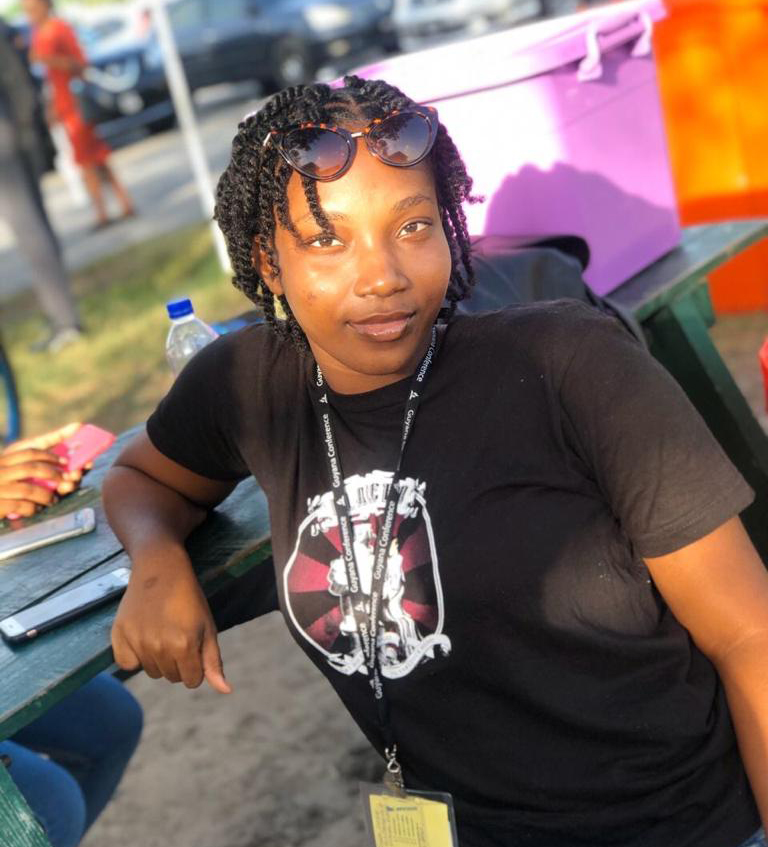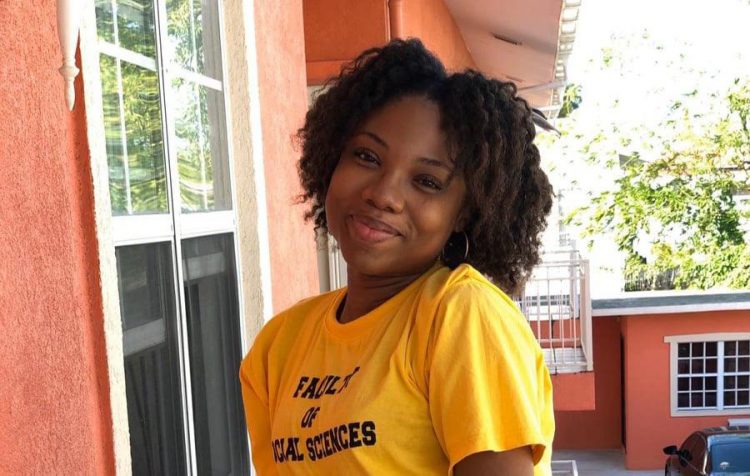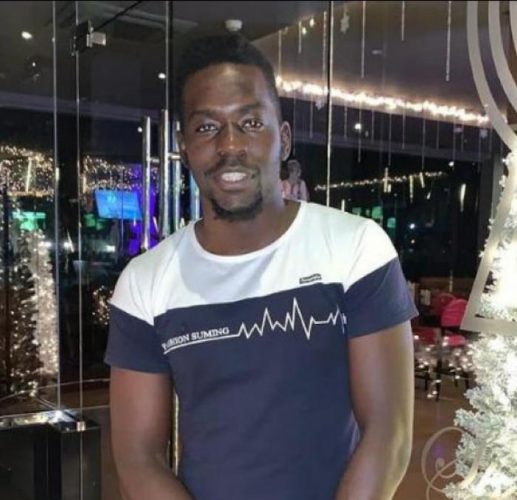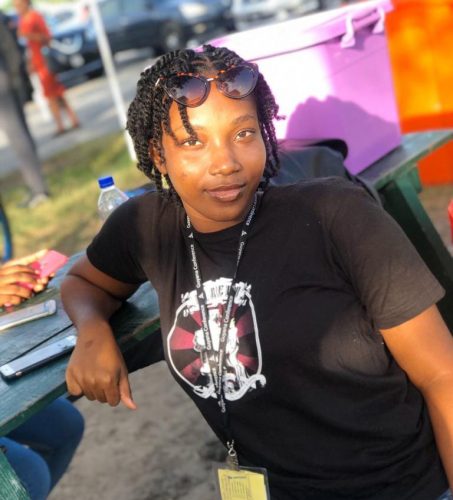Several University of Guyana (UG) students have given mixed reviews on the transition from in classroom learning to virtual learning, which has become the new norm due to the novel coronavirus disease (COVID-19) pandemic.
To better understand how students were coping, Stabroek Weekend made contact with several students from a number of different faculties for their experiences so far.
First-year law student Sarah David-Longe said transitioning to online learning is turning out okay. However, she said that there have been moments when she felt frustrated, “maybe it was because of COVID-19 that created the tension and anxiety.” But with access to class session recordings, she was able to review and read for herself. She commended the lecturers for doing their best and offering their assistance to students for clarity if needed.
Damani Thomas, a final-year Geography student, told this newspaper that it was his first time encountering this different experience “so at first it was tough.” Thomas explained that his classes initially began one month after the lockdown in April, but due to his small class size, he was able to finish his course outline with the help of the lecturers. Regarding challenges faced, he cited faulty internet and power outages. Thomas added that being in a household with younger siblings, who also have online classes, made access to the computer something that needed to be worked around. He believes that online learning can be effective to an extent since one is not getting the full experience of an in class session.
Thomas added that being at home can sometimes be distracting; you might “fall asleep in your bed or browse social media,” all of which he did but he still managed to focus. He emphasised that one must maintain a level of discipline to manage. Thomas added that his lecturers were flexible, allotting students enough time to submit quality work.
Gavrielle Cave, a fourth-year medicine student, said that practicals are the main focus for the fourth year and not being able to go out and do that has them “worrying that we may have to spend an extra year.”
Cave said that doctors are even busier at this time so classes are often cancelled. However, she said, lecturers are trying their best to explain concepts “but nothing compares to doing it in real life.” Nevertheless, she has been using her time for reading.
Melody Miller, a second-year Environmental Science student, also shared her experience of transitioning to online learning. “It is going okay,” she said, noting that she just had to adjust, and given the circumstances it was understandable. Like most, her challenges included internet connection problems.
In relation to lectures, she said that they are following the schedule and are on schedule with classes. Miller said that even though online classes are somewhat effective, she prefers to be in a classroom where she can focus in a more structured environment. “At home you are distracted easily,” she said.
Linola Nykel Fraser, an International Relations student, told this newspaper that for her, online classes are much more difficult. She explained that being in a classroom setting makes it easier for her to understand. “We probably making it hard because we are in the comfort of our home,” she said. Despite some delays in work sent out by lecturers, she believes that everyone is trying to adapt.
Apart from internet troubles, Fraser said, “online learning is very effective once you have a disciplined mind.” She added that sometimes the workload seems more. She further noted that on campus, there was a scheduled timeframe for lectures but now there are clashes sometimes. Fraser is eagerly awaiting the reopening of campus, where she can rejoin her friends.
Meanwhile, one student, who asked not to be named, informed this newspaper that she is in favour of returning to campus. However, her main focus is to complete her finals and be done with university. For the student, online classes are new so she is still learning and adapting and very much appreciative of the new experience of learning how to use new platforms and returning assignments online.
However, the challenges of being at home, surrounded by family and having to complete house chores, “is very distracting, especially when it comes to completing your work.”
She related that she has found herself in positions where worked is backed up and as a result, reaching deadlines has been a challenge. And sometimes, “you having a mental block.”
She said that online classes are not effective, especially since there is a lot already going on. She said that one challenge is the “distant” attitude of lecturers and added that learning is not taking place. “Classes have become [about] reaching deadlines and completing assignments; the learning aspect is not there and not much guidance is being done by lecturers,” she said.
The discouraged student said, “I have experienced not hearing from a lecturer for a long time, and when they do reach out, it is to give a task and then you don’t hear back from them, until…”
However, there are some lecturers who are doing their part. She said that the workload is the same “but it feel burdensome when lecturers play a poor part.” In addition, she claimed that lecturers are now using the coursework grade as final grades, so students are pushing more to get work done.
Another student, who also prefers to remain anonymous, said, “Online classes is not the best experience.” She said that some lecturers did not organise any classes but are sending assignments for students to just figure out.
With no lecturing or guidance, assessments are set and expected to be written verbatim to the books, the student claimed. In addition to the challenges due to lecturers, the internet is a constant challenge.
The student informed Stabroek News that she is awaiting the reopening of campus, where in class sessions can allow for students to be more interactive.
The University of Guyana Student’s Society (UGSS) President, Jafar Gibbons, told this newspaper that he plans to represent his students if they are experiencing challenges with a particular lecturer. To do so, he said, he will reach out to the lecturer to find out how accurate the information received is and then work on the way forward.
In relation to classes, Gibbons said that there are no issues and lecturers are even compromising with some of the classes and meeting them halfway.










